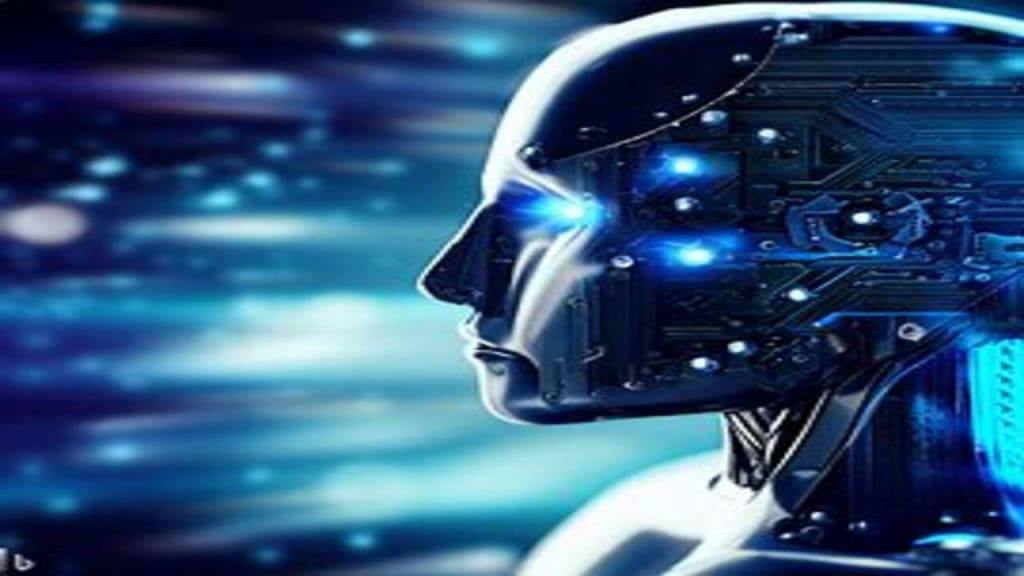15 top things that AI can do
Advancements of AI

Here are 15 top things that AI can do:
1. Natural Language Processing (NLP): AI can analyze, understand, and generate human language, enabling applications like chatbots, virtual assistants, and language translation services.
2. Image and Video Recognition: AI algorithms can identify and classify objects, people, and scenes in images and videos. This technology finds applications in facial recognition, content moderation, and automated surveillance systems.
3. Speech Recognition: AI-powered speech recognition systems convert spoken language into written text. This technology is used in virtual assistants, transcription services, and voice-controlled devices.
4. Autonomous Vehicles: AI plays a crucial role in self-driving cars, enabling them to perceive their surroundings, make real-time decisions, and navigate safely on roads.
5. Recommendation Systems: AI algorithms analyze user preferences and behavior to provide personalized recommendations for products, movies, music, and more. This technology is widely used by platforms like Netflix, Amazon, and Spotify.
6. Fraud Detection: AI can detect patterns and anomalies in large datasets to identify potential fraudulent activities, such as credit card fraud, identity theft, and online scams.
7. Medical Diagnosis: AI is used in medical imaging to assist in diagnosing diseases like cancer. Deep learning models can analyze medical images, such as X-rays and MRIs, to detect abnormalities and aid in early diagnosis.
8. Sentiment Analysis: AI can analyze text and determine the sentiment or emotion behind it. This technology is useful for monitoring social media sentiment, customer feedback analysis, and brand reputation management.
9. Virtual Assistants: AI-powered virtual assistants like Siri, Alexa, and Google Assistant can understand and respond to voice commands, perform tasks, and provide information and services.
10. Financial Analysis: AI algorithms can analyze large volumes of financial data, detect patterns, and make predictions for stock market trends, investment strategies, and risk assessment.
11. Personalized Marketing: AI enables targeted advertising by analyzing user data and behavior to deliver personalized ads and marketing campaigns based on individual preferences and interests.
12. Language Translation: AI-powered translation systems like Google Translate use machine learning algorithms to automatically translate text or speech from one language to another, facilitating cross-language communication.
13. Gaming: AI algorithms can play games at a high level of proficiency by learning from past experiences, analyzing game states, and making strategic decisions. AI has demonstrated remarkable achievements in games like chess, Go, and poker.
14. Virtual Reality (VR) and Augmented Reality (AR): AI enhances VR and AR experiences by providing realistic simulations, object recognition, and real-time interaction with virtual environments.
15. Robot Automation: AI enables robots to perform complex tasks autonomously. They can be used in manufacturing, logistics, healthcare, and other industries to streamline operations and increase efficiency.
These examples highlight the vast capabilities of AI across various domains, from language processing and image recognition to autonomous vehicles and medical diagnosis. As AI continues to advance, its potential to transform industries and improve everyday life becomes increasingly significant.
Rather than completely replacing human workers, AI technologies have the potential to transform jobs by automating repetitive or mundane tasks. This can free up human workers to focus on higher-value tasks that require creativity, problem-solving, and critical thinking.
It is important to note that while AI may automate certain aspects of a job, it can also create new opportunities and job roles. The integration of AI technology often requires human oversight, maintenance, and interpretation of results.
Overall, while AI can outperform humans in certain specialized tasks, the complete takeover of jobs by AI is not imminent. Collaboration between humans and AI is likely to be the more prevalent scenario, where humans leverage AI as a tool to enhance their productivity and decision-making capabilities.
THANK YOU FOR SPENDING TIME!





Comments
There are no comments for this story
Be the first to respond and start the conversation.